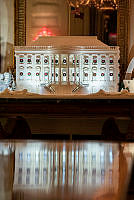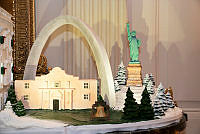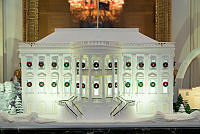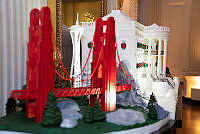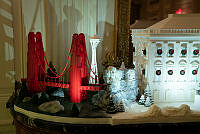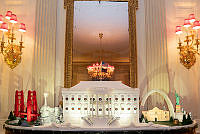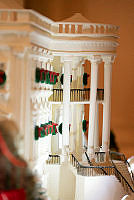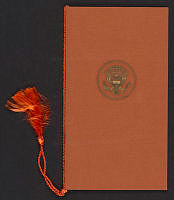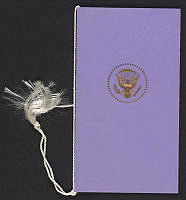Barney's Flotilla
In late May 1814, Commodore Joshua Barney, the veteran leader of the U.S. flotilla in the upper Chesapeake, left his base in Baltimore and established a new base of operations on the Patuxent River. His flotilla was small—consisting of a sloop, barges, gunboats, a galley, a lookout boat and his flagship, the cutter Scorpion—but at the moment it was the only substantial U.S. naval force in the Chesapeake Bay region and was vital to the defense of Washington, D.C.
Barney's specialty was to launch swift attacks on large British vessels in the Chesapeake, then move his ships into the shallower water of the Patuxent, where the British could not follow him.
On June 1 Barney's force left the Patuxent; its goal was the Potomac, but British ships soon closed up the Patuxent's mouth. When the British warships came into view and attacked Barney's gunboats, Barney withdrew two miles upriver to St. Leonard's Creek.
The British realized that naval warfare in the Patuxent could only be conducted by barges and small boats, and on June 10 they sent barges up St. Leonard's Creek to attack Barney's force. Barney counter-attacked, immobilizing the British schooner St. Lawrence, and the British had to run the St. Lawrence ashore. However, the British did land troops on the banks of the Patuxent as Barney had no assistance from the local militia—the British had warned that they would burn any abandoned homes.
In an effort to lure Barney out of St. Leonard's Creek, a British force commanded by Capt. Robert Barrie of the 74-gun ship-of-the-line HMS Dragon spent June 5-June 16 pillaging Benedict, Calverton, Huntingtown, Lower Marlboro and Prince Frederick, Maryland, but Barney refused to be drawn out of the creek and did not respond.
On June 26 Barney tried to break out of the British blockade of St. Leonard's Creek by attacking two British frigates guarding the creek's mouth. Barney received help from U.S. Army and U.S. Marine batteries on cliffs overlooking the creek. The British ships went downriver, letting Barney's boats finally depart the creek and go up the Patuxent.

Commodore Joshua Barney.





